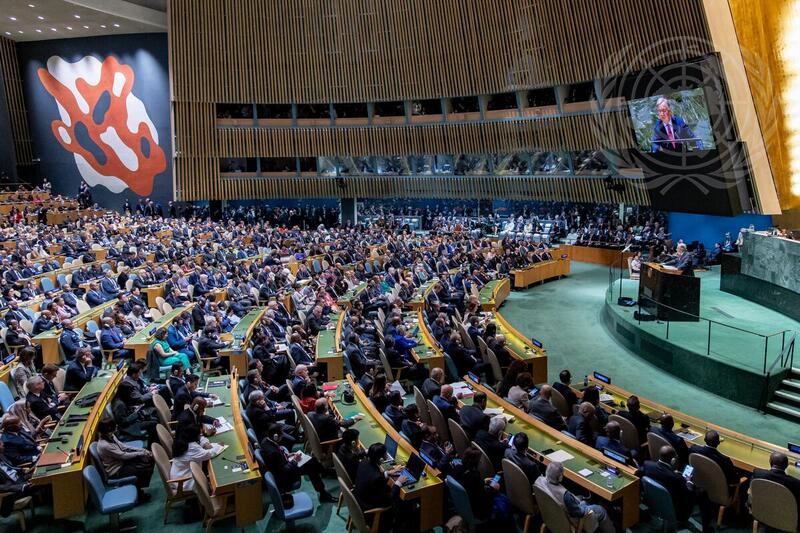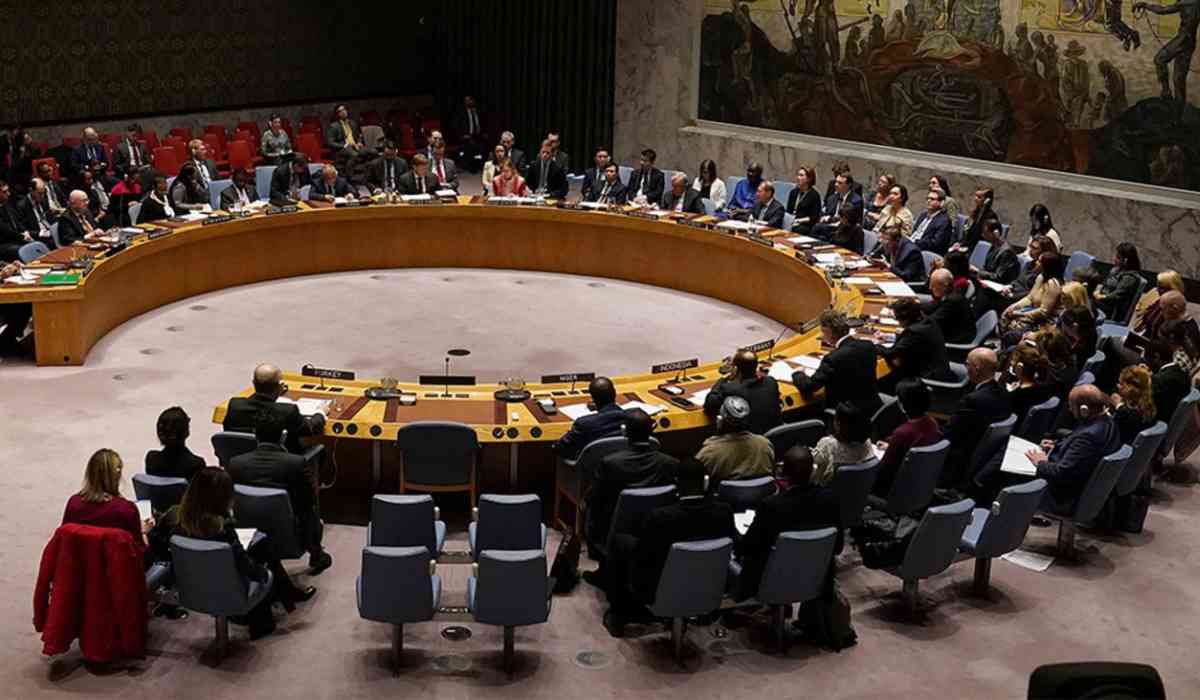In the wake of the tragic Pahalgam terror attack that claimed 26 innocent lives in Jammu and Kashmir, India has intensified its efforts at the United Nations to get “The Resistance Front” (TRF) officially designated as a terrorist organization. This move is seen as part of a broader strategy to combat cross-border terrorism and ensure accountability for those responsible for such violence.
What Happened in Pahalgam?

On April 22, 2025, a deadly attack in Pahalgam shocked the nation, leaving 26 people dead. The Resistance Front, widely recognized as a proxy for the Pakistan-based Lashkar-e-Taiba (LeT), claimed responsibility for the attack. The brutality of the incident led to widespread condemnation and calls for action, both within India and internationally.
India’s Response: Operation Sindoor
Following the attack, India launched “Operation Sindoor,” a series of military strikes targeting terror infrastructure across the border in Pakistan and Pakistan-occupied Kashmir. The operation was followed by retaliatory actions from Pakistan, including drone and missile attacks, which were largely intercepted by India’s air defense systems. A ceasefire was eventually declared, but the incident underscored the ongoing tensions and the urgent need for global action against terrorism.
India’s Push at the United Nations

In the days after the attack, an Indian delegation traveled to New York to meet with top officials from the United Nations Office of Counter-Terrorism (UNOCT) and the Counter-Terrorism Committee Executive Directorate (CTED). The main agenda: to present evidence and urge the UN to designate TRF as a terrorist group under the 1267 Sanctions Committee list.
The Indian team provided detailed information about TRF’s links to Lashkar-e-Taiba and its role in orchestrating the Pahalgam attack. This is not the first time India has raised concerns about TRF; officials have previously submitted evidence to the UN, highlighting TRF’s function as a cover for Pakistan-based terror groups.
The Challenge: Diplomatic Hurdles
Despite India’s efforts, getting TRF listed as a terrorist group at the UN has proven difficult. Pakistan, a non-permanent member of the UN Security Council, has reportedly shielded TRF from being named in official statements, often with support from China. For instance, after the Pahalgam attack, references to TRF were removed from a Security Council statement, a move seen by some as indicative of political maneuvering at the highest levels.
Why Does a UN Terror Tag Matter?

A UN designation as a terrorist group is not just symbolic. It can lead to:
-
International sanctions against the group and its members
-
Travel bans and asset freezes
-
Greater global cooperation in tracking and dismantling the group’s networks
Such a designation also sends a strong message that the international community does not tolerate terrorism, regardless of where it originates or who supports it.
India’s push at the UN highlights the complex nature of international counter-terrorism efforts. While the evidence against TRF and its links to Lashkar-e-Taiba appears strong, global politics often play a significant role in the decision-making process. Countries may have strategic interests that influence whether or not they support such designations.
At the same time, the situation underscores the importance of international cooperation in the fight against terrorism. The United Nations, through bodies like UNOCT and CTED, plays a crucial role in building capacity, sharing intelligence, and coordinating responses among member states.
Looking Ahead

India’s campaign to get TRF listed as a terrorist group is ongoing. Officials remain hopeful that the evidence presented will convince the international community of the need for action. However, the outcome will depend not just on the facts of the case, but also on the willingness of global powers to put aside political differences and unite against terrorism.
Final Note
The Pahalgam attack was a tragic reminder of the threat posed by terrorism. India’s efforts at the United Nations to have TRF designated as a terrorist group reflect a broader desire for justice and security-not just for India, but for the world. While the path is challenging and sometimes blocked by political interests, the push for a terror tag is a step toward holding perpetrators accountable and preventing future attacks.
With inputs from agencies
Image Source: Multiple agencies
©️ Copyright 2025. All Rights Reserved Powered by Vygr Media.

























